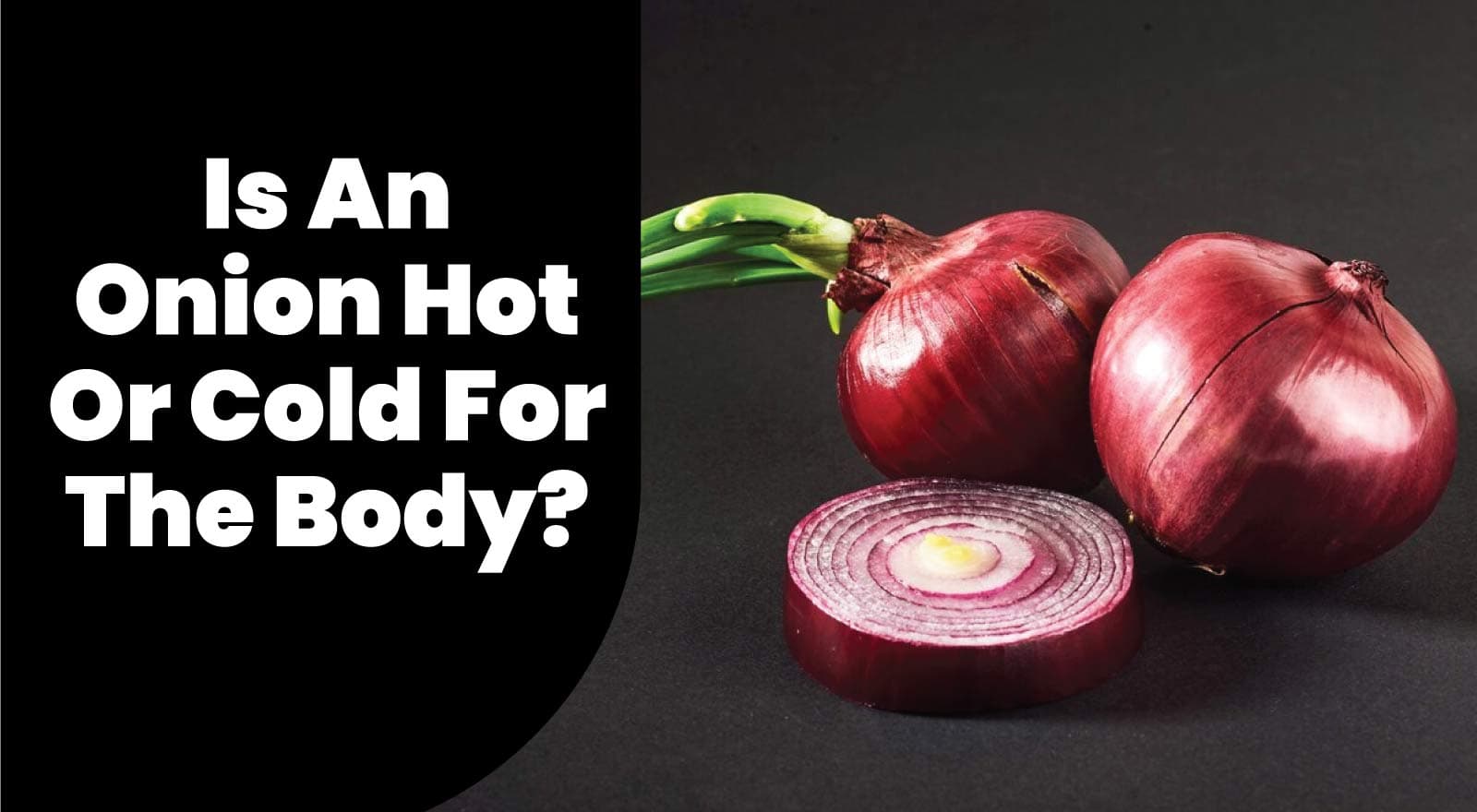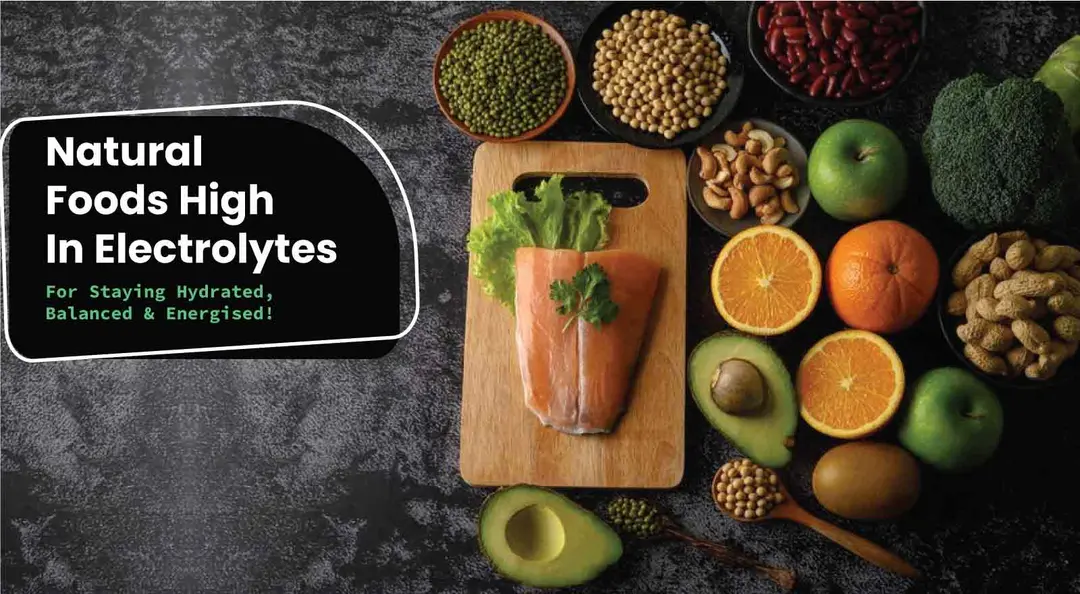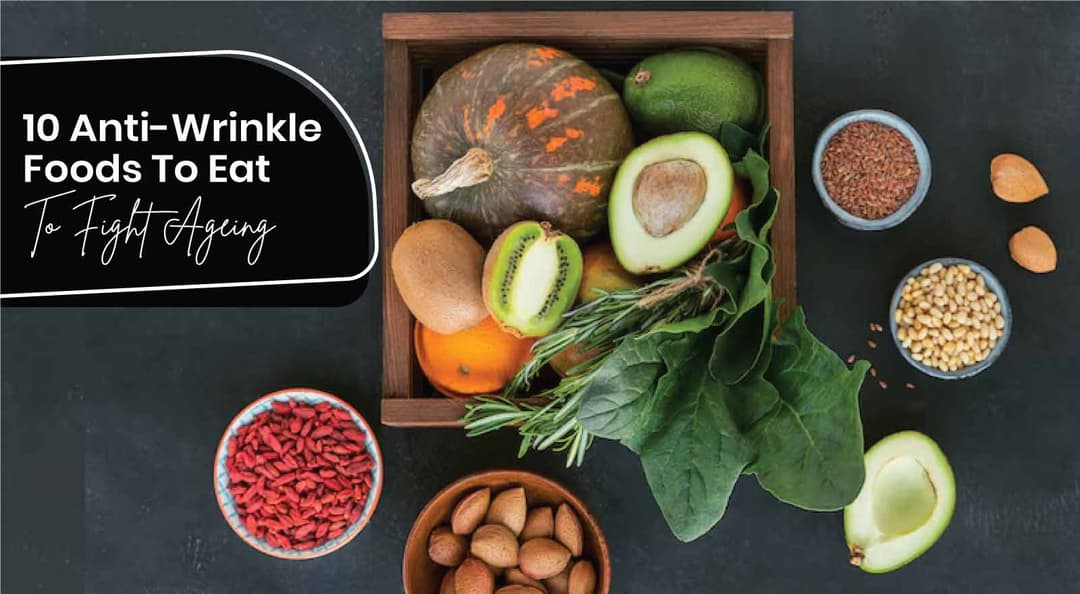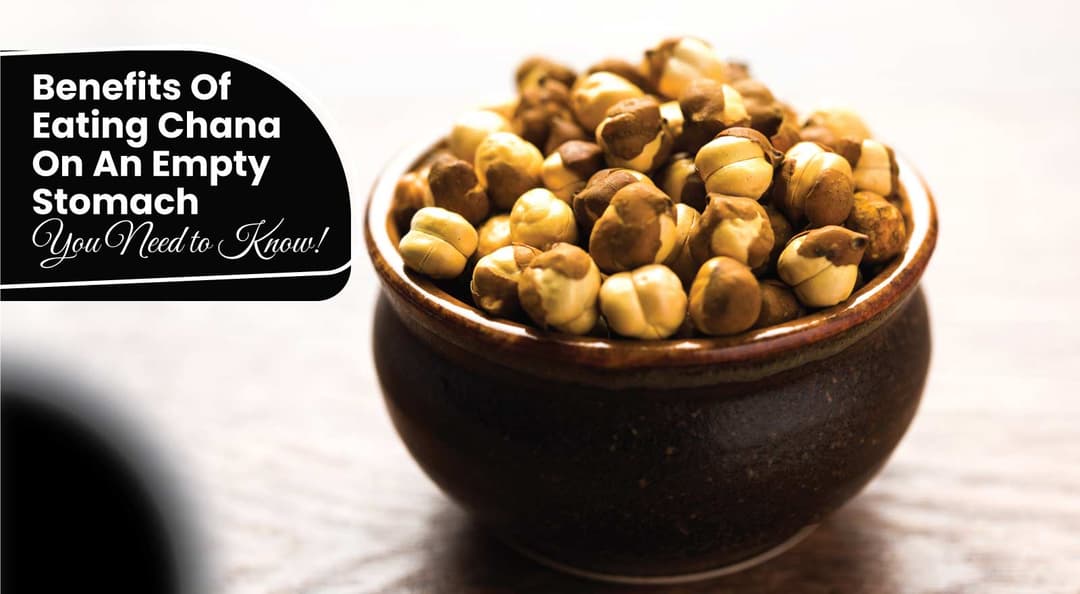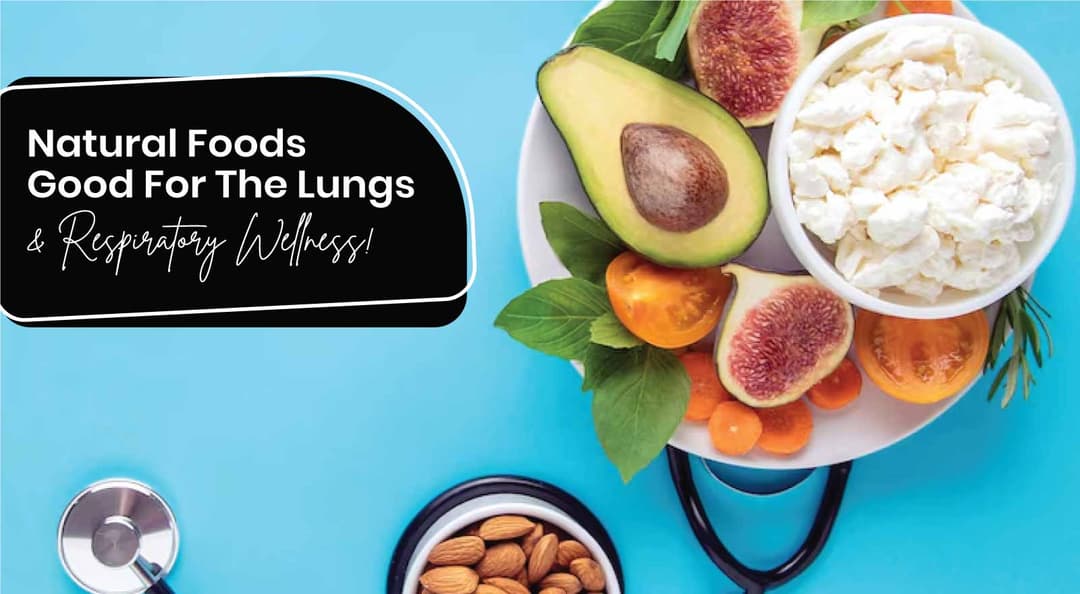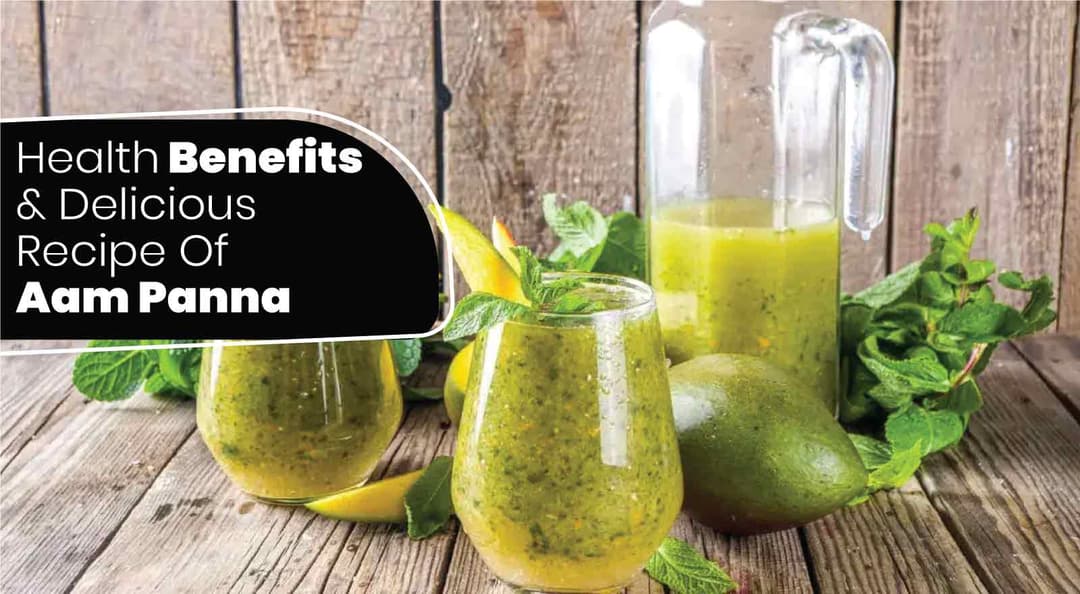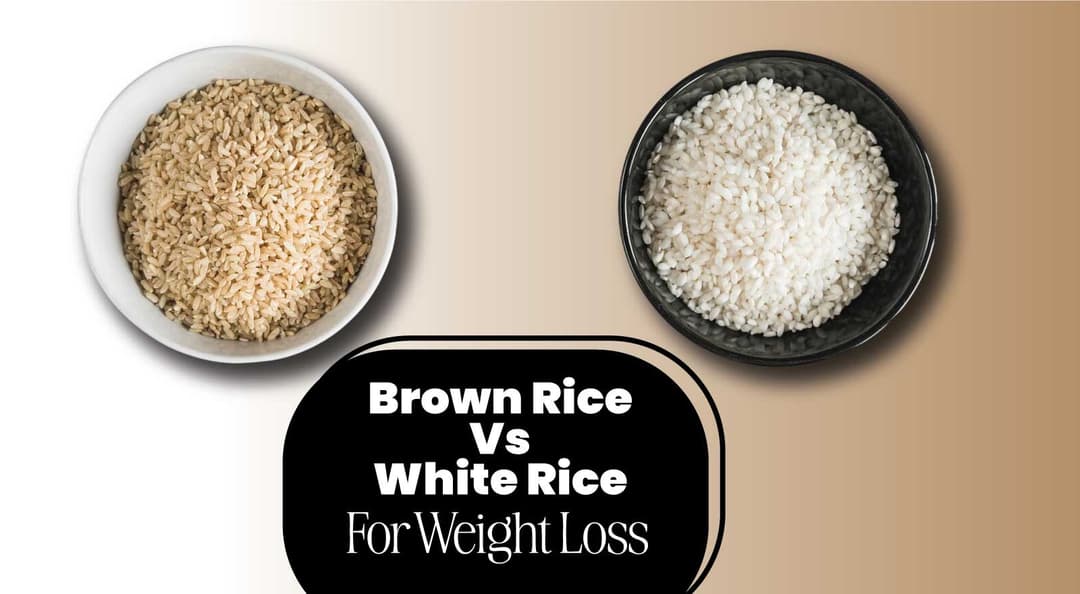There it is—humble, round, and always making someone cry. The onion. We toss it in curries, layer it in sandwiches, and fry it till golden. But let’s pause for a second—is an onion hot or cold for the body?
Trick question. They're kind of both. For example, in the summer, Odias enjoy eating raw onions with pakhala bhata. This helps the residents of India's coastline state stay hydrated during the sweltering heat.
While some people swear by their cooling effect, especially when added raw to salads, others find them a bit too harsh on the stomach. That’s because onions are smart little bulbs—they help regulate body heat, promote sweating, and even soothe inflammation. In fact, Ayurveda has been hyping them for years. But hold up—who should avoid raw onions? Some stomachs just can’t handle the raw heat.
So, before you bite into that crunch, let’s dig into why onions are misunderstood summer heroes.
Table Of Contents
- Are Onions Cooling or Heating?
- How Do Onions Impact Body Temperature in Summer?
- Are Onions Hot or Cold for the Stomach?
- How To Include Raw Onions in Your Summer Diet?
- Who Should Avoid Raw Onions?
- Dietitian’s Recommendation
- The Final Say
- FAQs
- References
Are Onions Cooling or Heating?
Is an onion hot or cold for the body? Onions have long carried a dual reputation.
In everyday thought, they’re pungent, spicy, and even tear-inducing – traits we normally associate with “heat.” Ayurveda even lists onions in its “hot foods” category (alongside garlic, pepper and ginger). According to Ayurvedic texts, onions are Ushna (hot in potency), which means they can kindle the digestive fire (aggravate Pitta) and cause a warming effect on the body. In practice, this means that too much raw onion can lead to stomach upset or a burning sensation for some people.
On the other hand, a growing number of health sources tout onions as a cooling summer food. It turns out the oils and compounds in raw onion can make us sweat, helping the body lose heat. For example, Times of India reports that onions’ volatile oils can help “regulate and absorb high body temperature,” and they stimulate perspiration – one of our natural cooling mechanisms. Western nutritionists note onions are packed with water and electrolytes, too, which aid hydration in hot weather and are good to be a part of a diet plan for weight loss in summer. So while Ayurveda’s classification calls onions “hot,” their actual effect in the belly and bloodstream often cools us down. It’s a classic case of virya – the energy of a food can differ from its immediate sensory effect.
According to Ayurveda
So, how does Ayurveda itself view onions’ confusing nature? Onions are indeed described as heavy (guru) and hot (ushna) – meaning they can intensify Pitta (heat energy) and Kapha (the body’s moistening principle) if overdone. In simple terms, a large raw onion might feel like a fiery punch in the stomach or aggravate acidity. However, Ayurveda also recognises that onions have a sheetal (cooling) after-effect in certain contexts. Classic Ayurvedic remedies roast raw onion with cumin and honey to create a soothing, cooling mixture.
In other words, the raw pungency of onions is “hot,” but when processed (cooked or mixed correctly), they can bring down the heat. Some practitioners even say onions are “cooling topically but heating internally” – meaning they can cool the surface (via sweat and skin) but warm the digestive system. The upshot: Ayurveda advises caution with raw onions for those with heat-related conditions, yet it acknowledges onions’ strange capacity to chill the body if used wisely.
Also Read: 19 Foods To Avoid In Hot Weather — Steer Clear Of These Energy Vampires!
How Do Onions Impact Body Temperature in Summer?

Modern health science and traditional wisdom actually overlap when it comes to summer. Many cultures eat raw onions with summer meals, believing they protect against sunstroke or “hot winds” (even carrying an onion in your pocket is a folk tip). Researchers have identified several reasons why including onions in a hot-weather diet can make a real difference:
1. Hydration & Electrolyte Balance
Onions are about 89–90% water, and also rich in potassium and sodium. This means a few slices of onion (for example, in a salad or with buttermilk) help replenish fluids and minerals lost through sweat. Staying well-hydrated is the first line of defence against heat exhaustion, so eating high-water foods to recover after dehydration, like onions (and cucumbers, melons, etc.), keeps you cool and prevents dehydration.
2. Natural Cooling Compounds
Raw onions are among the best foods to reduce the heat and contain volatile oils and sulphur compounds that literally help the body dissipate heat. These substances trigger perspiration and improve blood circulation, so heat is drawn away from the core of the body to the skin surface and evaporates.
In practical terms, this means onion juice or raw onion slices can produce a cooling effect, much like applying aloe vera or drinking mint tea. Onions also contain quercetin (a flavonoid), which has a cooling, anti-histamine effect, helping the body resist heat-induced stress.
3. Antioxidant Protection
The intense summer sun and heat can raise oxidative stress in the body. Fortunately, onions are packed with antioxidants (flavonoids, phenolics, vitamin C and more). These molecules mop up free radicals generated by UV exposure, protecting cells from damage. In fact, studies show quercetin in onions not only fights inflammation but also shields the skin and internal organs from summer heat stress. Including raw onions in your diet can thus help your body cope with the extra strain of hot weather.
4. Anti-Inflammatory Benefits
Heat and sun exposure can inflame skin and body tissues (think sunburn, rashes, or simply feeling achy and overheated). Onions’ rich quercetin and sulphur compounds are well-known anti-inflammatories. Regular onion consumption can calm that heat-induced inflammation, alleviating sunburn discomfort or preventing “summer flu” symptoms. In traditional home remedies, onion juice is even applied to the forehead or behind the ears to cool down overheated bodies. Also, they are among the best foods for old people in summer due to their anti-inflammatory properties.
5. Digestive Support & Detoxification
Hot weather often slows digestion and can lead to sluggish gut health. Onions contain benefits of dietary fibre and natural prebiotics (inulin) that feed healthy gut bacteria and keep digestion running smoothly. A happy gut handles summer diets better (even spicy or oily foods). Moreover, the sulphur compounds in onions support the liver’s detox pathways.
As we sweat more in summer, we also excrete toxins; onions help that process along. So, while onion’s heat is “out,” it also helps burn off and flush out the body’s excess heat “waste,” in a manner of speaking.
Together, these effects make onions a surprising ally in summer. They hydrate the body, trigger its own cooling systems, and guard against heat-related stress – all while adding flavour to foods. In many Indian households, for example, a raw onion salad or raita (yoghurt sauce) is a staple in the hottest months for exactly these reasons.
Also Read: Summer Survival: 20 Foods & Drinks To Reduce Body Heat & Keep You Hydrated
Are Onions Hot or Cold for the Stomach?
We answered, Is an onion hot or cold for the body, but now, what about the stomach? Here, the answer leans more towards “hot.” Raw onions stimulate gastric juices, which can be a double-edged sword. In moderation, they may aid digestion, but in excess, they can irritate the stomach lining.
Both Ayurvedic experts and modern medicine note that onions are guru (heavy) and ushna (hot), so overeating them, especially uncooked, may cause pitta-related problems like heartburn, acid reflux or gastritis. For those prone to reflux (GERD), clinical studies have shown that a meal with onions can trigger more heartburn episodes than a meal without. Drinks like coconut water for acid reflux is a much better alternative in this case.
In plain English, onions can up your stomach heat. They relax the lower oesophageal sphincter (the valve at the top of the stomach), making it easier for acid to splash up into the oesophagus. The result? A burning sensation. For this reason, doctors often advise people with acid reflux or ulcers to limit raw onions. Cooked onions are gentler (cooking reduces the volatile irritants), but even then, large amounts can still be heavy on digestion.
Also Read: Matcha vs. Green Tea - Which is Better? Differences and Benefits That Will SHOCK You!
How To Include Raw Onions in Your Summer Diet?
Raw onions are typically safe for most individuals, but those with specific sensitivities or conditions should exercise caution and limit or avoid consuming them. There are several ways to consume onions on a regular basis to combat the heat.
- Make a raw onion salad by slicing onions into thick pieces. Sprinkle salt and cumin powder over it. Squeeze one lemon and combine all of the ingredients. Consume this salad alongside your regular meals, such as dal roti or rice.
- You can use onions to make the base of your ordinary rice. If you eat rice on a daily basis, try making it with an onion tempering. Before adding the rice to the cooker or pan, drizzle with oil and chopped onions. Fry first, then cook your rice over it. In this method, onions will serve as a base for your rice, particularly in their raw form. They will not only add to the health quotient but also make your rice taste a lot better.
- Drinking onion juice is also thought to be quite healthy. To make onion juice, heat some water in a pan. Remove the onion's skin, chop it in half, and immerse it in water for several minutes. Cook on a low flame. When the water begins to change colour, turn off the flame.
- If you enjoy homemade salads, try using raw onions as a dressing. They'll provide a satisfying crunch to your salad. You can also prepare onion soup at home and have it as an evening snack.
Also Read: 16 Sun-Sational Summer Drinks For Weight Loss | ToneOpFit
Who Should Avoid Raw Onions?
Raw onions may not be appropriate for everyone. People should avoid raw onions if they have:
Who Should Avoid Raw Onions? | Reasons |
| People with sensitive stomachs, digestive difficulties (e.g., irritable bowel syndrome/IBS), or migraines | Raw onions may trigger bloating, gas, heartburn, or migraine episodes. |
| Individuals on blood-thinning medications | Onions' anticoagulant properties may interact with medications, increasing bruising/bleeding risks. |
| Low stomach acid, acid reflux, or IBS | Raw onions can worsen digestive discomfort due to high FODMAP content. |
| Migraines | Sulfur compounds may act as migraine triggers in susceptible individuals. |
| Onion allergies | Rare allergic reactions can cause itching, swelling, or anaphylaxis. |
Dietitian’s Recommendation
Onions are an essential component of our cuisine, which has a cooling effect on your body and entire system, which is why I recommend that you add onions to your diet by chopping, dicing them, pickling, eating them raw, or cooking them anytime of the year, but especially in summer. Consuming onions with your main meals, such as lunch or dinner, ensures that the nutrients are properly absorbed. I would recommend adding 2 small onions a day and carrying one raw onion always with you when travelling in a sub to avoid heat stroke.
Dt. Lavina Chauhan
The Final Say
That was all about the burning question: is an onion hot or cold for the body? Don’t underestimate that crunchy layer of onion on your plate. It’s more than a taste bomb—it’s a body balancer. In summer, when heat builds up, onions may come to your rescue—but not for everyone. Know your body, know your food. Because next time someone asks, is onion hot or cold for the body, you’ll have a solid answer and a smarter plate.
FAQs
1. Which onion is hot?
Red onions are widely regarded as the spiciest form of onion. They have a strong, pungent, and slightly spicy flavour, making them a popular ingredient in raw dishes such as salads and sandwiches. Yellow and white onions can have a strong flavour, but they are not as hot as red onions.
2. Does an onion decrease temperature?
Yes, onions are thought to offer cooling characteristics that could assist in lowering body temperature. They are classified as a "cooling food" in Ayurveda and are said to help regulate body temperature.
3. Are raw onions hot?
No, raw onions are not "hot" in the sense that they contain a spicy chemical such as capsaicin. They may be interpreted as hot due to their strong, pungent flavour and burning feeling.
References
- https://www.indiatvnews.com/health/7-side-effects-of-eating-raw-onions-2023-12-11-906738
- https://www.msn.com/en-in/health/other/what-is-the-best-time-to-eat-onions-so-that-the-body-absorbs-its-nutrients-better/ar-AA1vdlTO?cvid=3C0815B3A7A54DFF870325F42A9D3F72&ocid=wispr&apiversion=v2&noservercache=1&domshim=1&renderwebcomponents=1&wcseo=1&batchservertelemetry=1&noservertelemetry=1
- https://www.onlymyhealth.com/what-is-the-taseer-of-onion-know-from-expert-in-hindi-12977820479
- https://www.herzindagi.com/diet-nutrition/onion-benefits-heat-wave-how-to-add-to-diet-article-198584
- https://www.newsbytesapp.com/news/lifestyle/why-onions-save-us-from-heat-during-summers/story
- https://timesofindia.indiatimes.com/life-style/health-fitness/health-news/how-onions-can-save-you-from-heat-effects-in-summer/photostory/109158549.cms?picid=109158606
- https://m.recipes.timesofindia.com/articles/features/eat-these-to-cool-down-the-heat/articleshow/51595283.cms#google_vignette
About ToneOp Fit
ToneOp Fit is a platform dedicated to improving and maintaining good health through a comprehensive range of goal-oriented health plans with up to 3 Coach support. With a range of Weight Management, Medical Condition, Detox Plans, and Face Yoga Plans, the app also provides premium health trackers, recipes and health content. Get customised diet, fitness, naturopathy & yoga plans and transform yourself with ToneOp.











